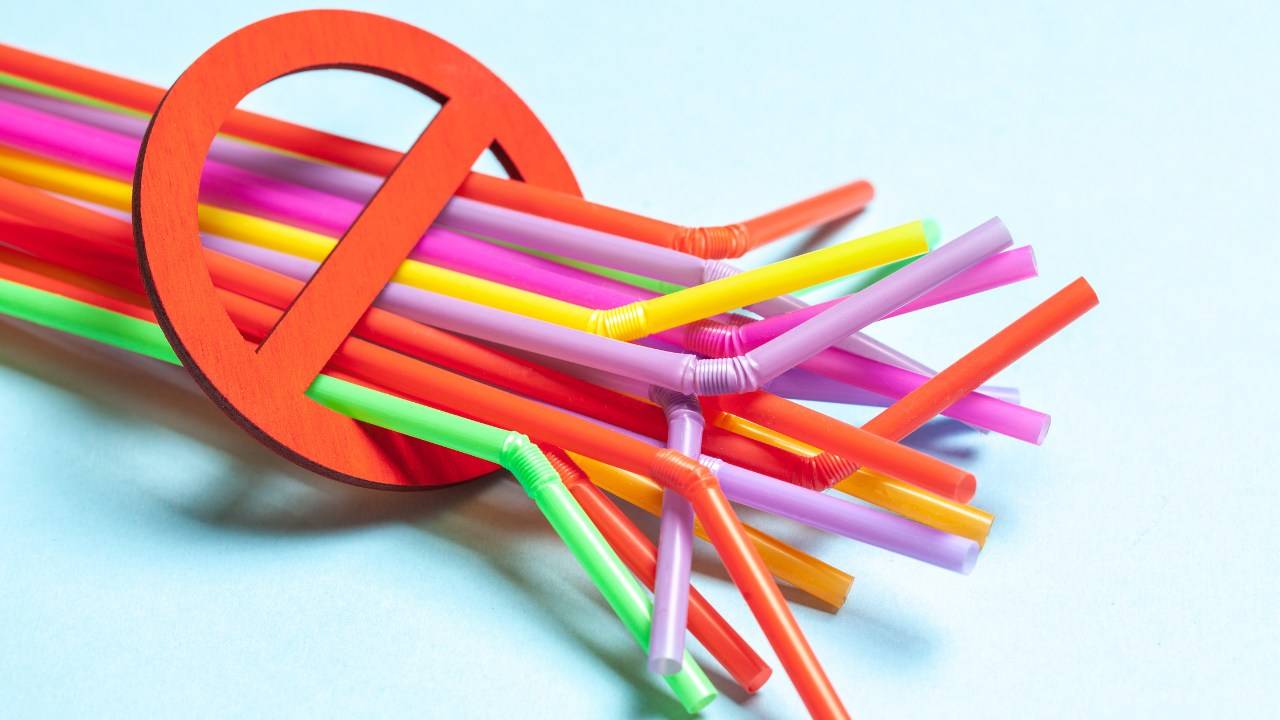England has introduced a ban on several single-use plastic items, marking a significant step in its environmental policy. This move prohibits businesses from supplying items like polystyrene cups and plastic cutlery. Environment Minister Rebecca Pow emphasized, “This new ban is the next big step in our mission to crack down on harmful waste.”
The ban, part of the government’s broader strategy to combat plastic pollution, extends to “world-leading bans” and taxes on other plastic forms. Pow added that these new rules aim to “protect the environment and help to cut litter – stopping plastic pollution dirtying out streets and threatening our wildlife.”
Announced in January, the initiative aligns with England’s goal to eliminate all “avoidable plastic waste” by 2042. The UK’s approach to this issue varies, with Scotland implementing a similar policy last year and Wales set to introduce its ban soon.
From 1 October, businesses like shops, restaurants, and takeaways in England will be unable to supply certain single-use plastic items. Non-compliance could result in fines and criminal charges. The ban encompasses cutlery, polystyrene cups, food containers, and balloon sticks. It applies to all single-use plastics, including biodegradable, compostable, and recycled variants.
Businesses are not allowed to supply these items, even from pre-ban stocks. There are specific exemptions, such as for pre-filled or point-of-sale filled takeaway containers, trays, and wraps. Polystyrene lids on coffee cups are still permissible if the cup is not made of the same material.
This ban builds on the 2022 prohibition of single-use plastic straws, stirrers, and cotton buds. The government plans to extend the ban to all plastic packaging, although a specific date is yet to be announced.
England’s consumption of single-use plastics is high, with an estimated 2.7 billion pieces of cutlery and 721 million plates used annually. Only about 10% of these items are recycled, with the rest potentially taking centuries to degrade in landfills.
Compared to the EU, England’s ban comes two years after similar EU-wide regulations. Some EU member states, like France, have implemented even stricter rules. Within the UK, Scotland has moved faster, and Wales’s upcoming ban includes more items.
City to Sea, a charity instrumental in advocating for the ban, notes that while the ban targets highly littered items like cutlery, other plastics, such as small bottles, remain major pollution contributors. These items account for nearly a quarter of all litter, as estimated by Keep Britain Tidy. This new ban represents a critical step in England’s journey towards reducing plastic waste and safeguarding its environment.
More inspiring green news similar to this:

